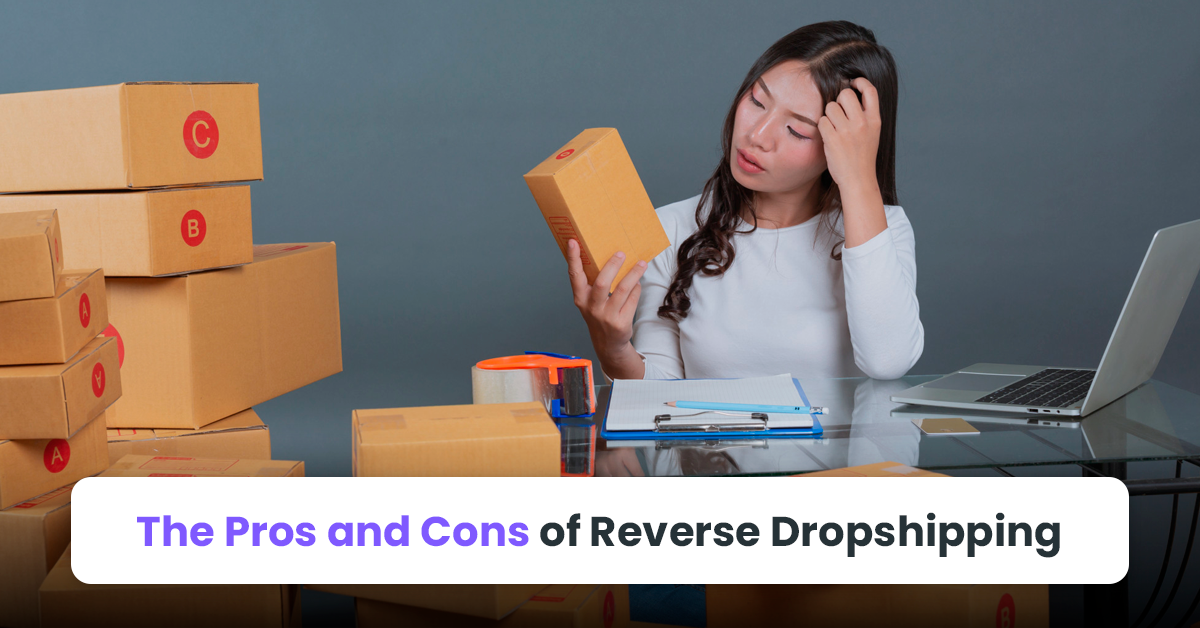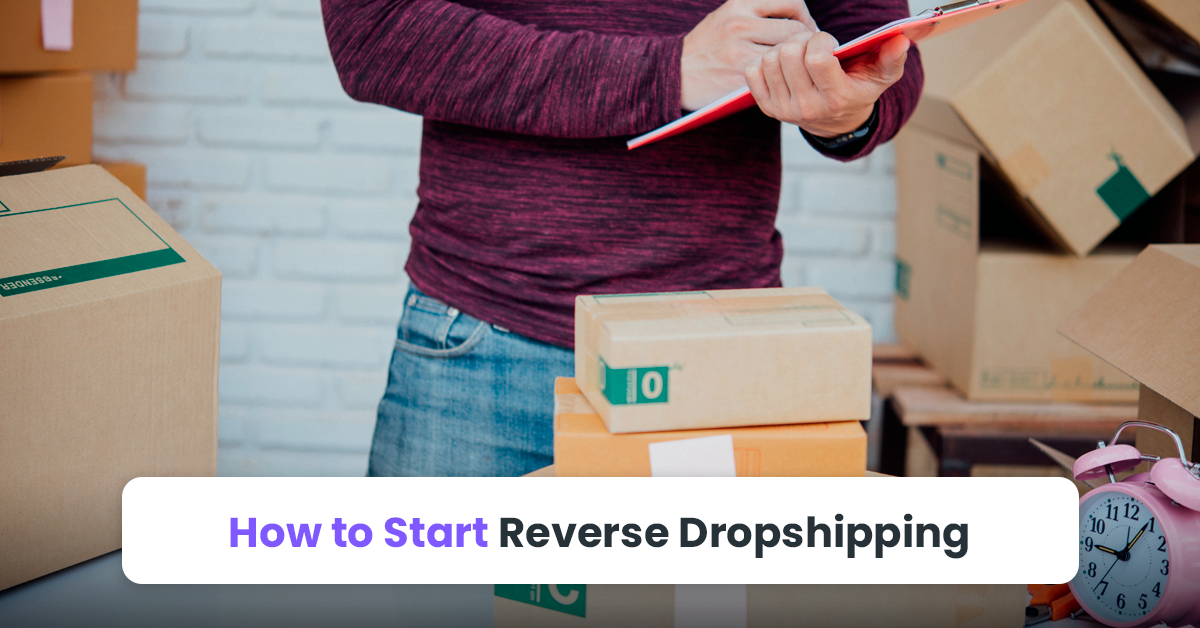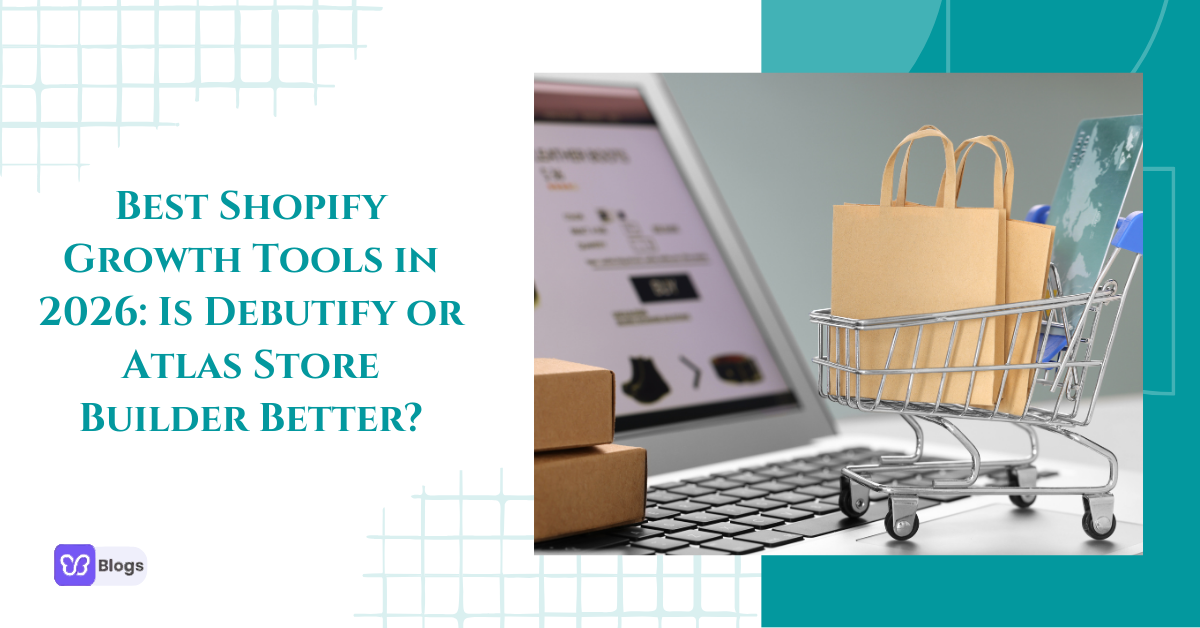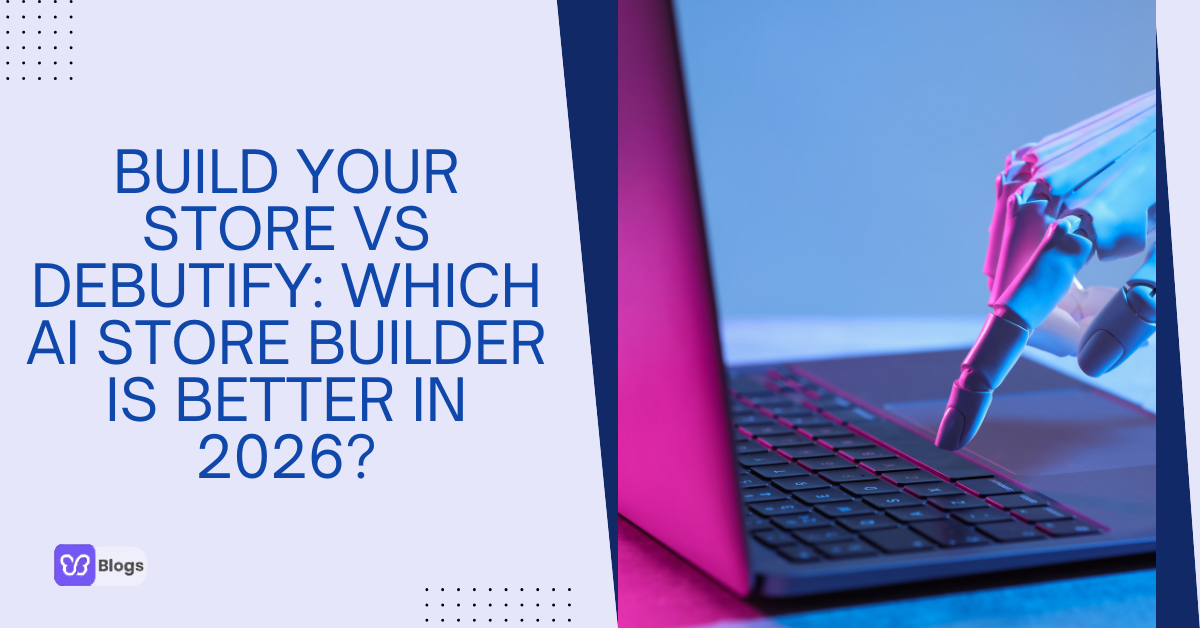Did you know that over 80% of dropshipping stores fail within the first year? The reason? Most of these failed dropshipping stores are selling the same products.
More often than not, these are the same people screaming that dropshipping is oversaturated and not profitable.
But there's a new way of dropshipping that will bust the myth that dropshipping is dead. This lesser-known twist is also less crowded and more profitable.
It's called reverse dropshipping.
This method flips the principle of the traditional dropshipping model. It offers unique advantages that might make it the right move for your business.
In this guide, we'll dive deep into reverse dropshipping, breaking down exactly how it works, why it's different, and how it can give you an edge.
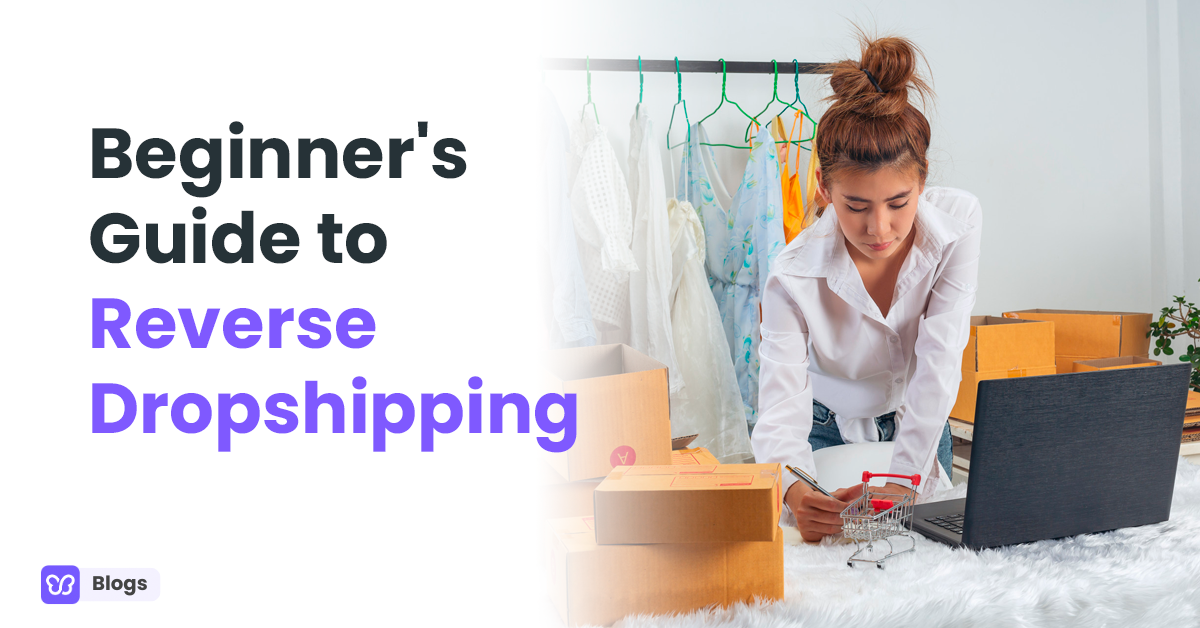
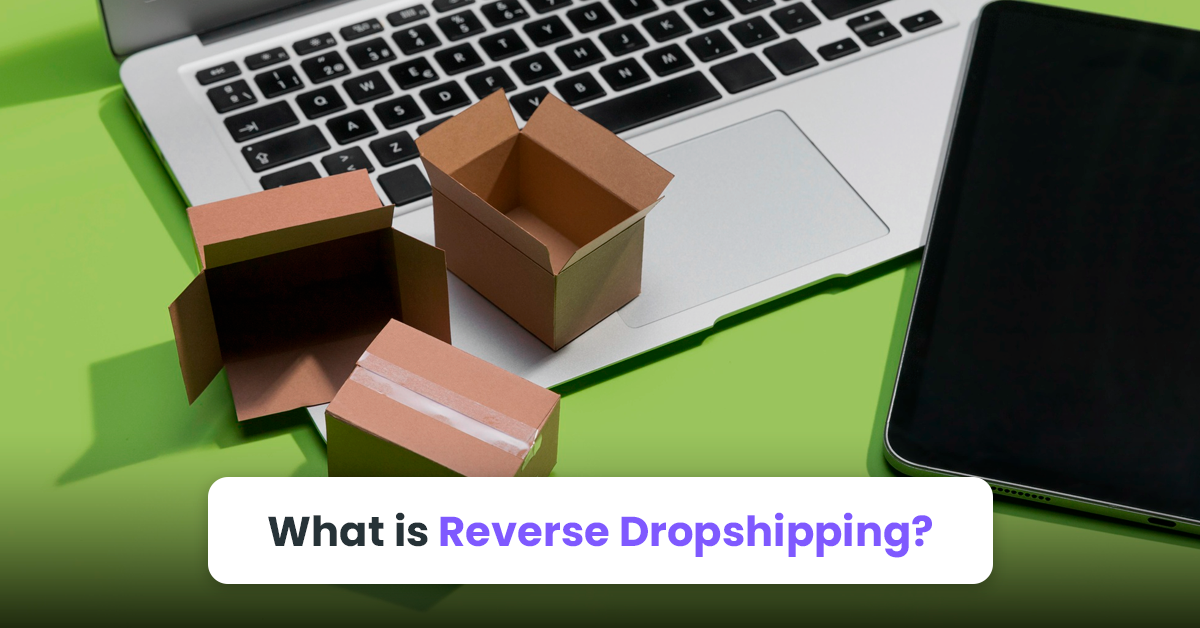
.jpg)
